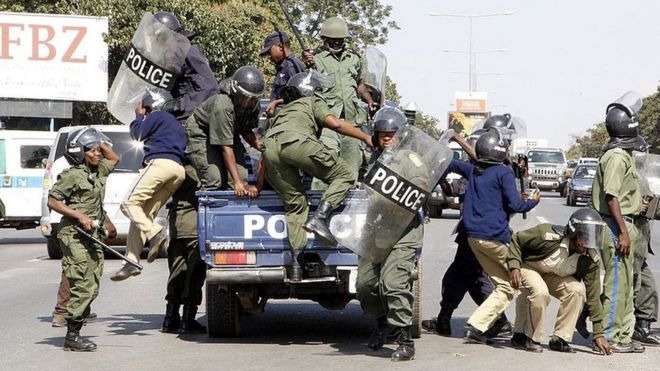By: Nicole Hoerold
Impunity Watch Reporter, Asia
BEIJING, China- The LGBT communities of China and Taiwan have been gaining increased attention over the past few years. Rights activists are applauding some small, yet encouraging victories, in an ongoing effort to legalize gay marriage and gain equal rights.

In December 2016, a Taiwanese legislative committee approved draft changes on a proposal to legalize same-sex marriage. The proposed amendments to Taiwan’s civil code have been sent to party caucuses for negotiation and further review. Once this process is complete, a final version of the legislation will be voted on. Though the measure has yet to be passed, it is a major step towards gaining equal rights and protections for Taiwan’s LGBT community.
China has received similar attention for a December 2016 landmark ruling in a discriminatory dismissal case. A Chinese court held in favor of Mr. Chen, a transgender man who claims he was illegally dismissed from his position at a Chinese medical clinic after only one week on the job. Though the court ruled in favor of Mr. Chen, finding his dismissal illegal and awarding him a month’s wages, it was not willing to declare that Mr. Chen’s dismissal was due to discrimination against transgender individuals.
Nonetheless, advocates are thrilled that a Chinese court agreed to hear the case. Gay marriage is illegal in China, and homosexuality was long considered a mental illness. It was only in 2014 that Chinese courts ruled against therapy to “correct” homosexuality.
Though LGBT rights are still absent in both Taiwan and China, many are hopeful that change is on the way. Mr. Chen’s case has given activists hope that a legal remedy may be possible in the future.
For more information, please see:
BBC – China: Limited victory for man in transgender dismissal case – 3 January, 2017
BNA – China: Despite Landmark Ruling, LGBT Rights Lacking in China’s Workplaces – 19 January, 2017
The Guardian – Chinese transgender man wins landmark wrongful dismissal case – 3 January, 2017



